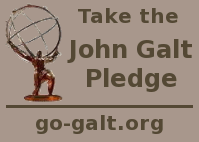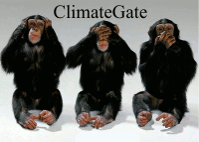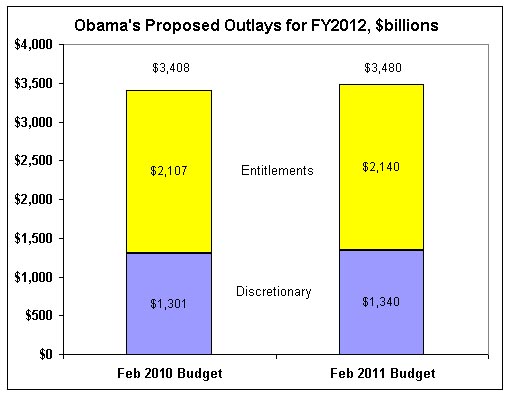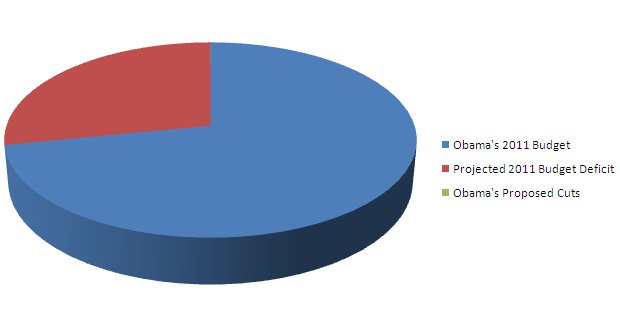11-30-2011

Permalink

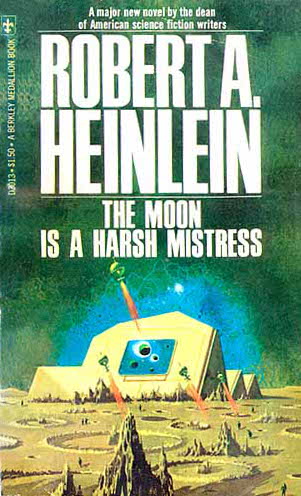
The Moon is a
Harsh Mistress
|
Subject: Independence — If You Can Keep It!
[Note: The following article was written for Brad Harrington's
Cheyenne, WY newspaper,
Liberty's Torch, and
is scheduled for publication as part of the January 6th, 2012 edition.]

"Under what circumstances is it moral for a group to do that
which is not moral for a member of that group to do alone? It
is the key question — a radical question that strikes at
the root of the whole dilemma of government. Anyone who answers
honestly and abides by all consequences knows where he stands
— and what he will die for."
—
Robert A. Heinlein, The
Moon is a Harsh Mistress
We are living in possibly the most politically polarized period in the
United States since the Civil War. The President's overall job
approval rating has fallen to 43%, while Congress has attained a new
historic low of just 13%. Republicans seek spending cuts while
Democrats hold out for mandatory tax increases and further wealth
redistribution. Tea Party groups advocate for smaller,
constitutionally-constrained government, while the Occupy movement
clamors for an end to capitalism, replacing it with what they call
"socialism", but is more accurately a fascist, state-controlled
economy. There is an ongoing battle between those who argue for
maintaining a secular form of government while others wish to see
their personal religious values enacted into law. On any given issue
from war to immigration, education, guns,
unions, health care, energy, environment,
abortion, drugs, entitlements, national
service, jobs, or climate change, there are
diametrically opposing factions, with many demanding that government
force be used in order to impose their views upon everyone else.
In a recent web posting,
someone wrote, "Way too many Americans seem to be losing all sense
of what is right and what is wrong; what it means to treat others with
dignity and respect," and when reading the daily news, it seems
hard to argue with that assessment. For example, when the Tea Party is
charged first and foremost as being racist,
then concern for truth, tolerance and understanding have already been
tossed out the window. When the Occupy Wall Street movement states on
its website that "the only
solution is World Revolution" and engages in illegal seizure of property, vandalism,
and sexual assaults,
then you know that the rule of law has been abandoned. Civility,
reasoned discourse and consensus are all early casualties in such an
environment.
How then do we sift through all the emotions and the rhetoric on these
many issues and come to a rational and consistent political position?
This is only possible by first answering the question: What is the
proper role of government?
Throughout most of history men have been treated as mere components,
owing their fealty to some larger and more important social entity,
whether that be a tribe, theocracy, monarchy, community, society or
the state. All of these collectivist systems regarded each
person as an expendable resource to be used as necessary in service
of some "higher good", and the purpose of government was to
define the nature of that good, and be the mechanism which determined
how to then best preserve and utilize its human capital.
The United States was the first country to stake out a radically
different position. Building upon the ideas of Classical Liberalism,
each individual was recognized as being autonomous and free, in
possession of legal rights equal to all other men, with the rational
pursuit of their own happiness being an end in itself. Within this
framework government was seen not as the master and director of
human life, but simply as a necessary tool to protect those rights,
thereby allowing every person the opportunity to determine their own
destiny and pursue it to the best of their ability.
At its most fundamental level, the American Revolution was a battle
waged between two different ideologies: individualism versus
collectivism. Two hundred thirty-five years ago, individualism
triumphed and the greatness that America has achieved is a direct
result of those hard won liberties. But during the past century this
country has slowly abandoned its roots, moving back towards a communal
collectivism where the government once again exerts its power to
dictate goals, control behavior in most areas of our lives, and treat
us once more as uniform and interchangeable cogs in the social
machinery. Today's great fiction of serving the "general
welfare" has now all but replaced our once cherished independence,
binding each of our fates together for better or worse — and
usually for the worse!
We currently face numerous economic and social problems. Yet, despite
all of the daily attention these issues are receiving, there seem to
be few workable solutions. This is because the wrong questions are
being asked. Instead of wondering why students are doing so poorly in
schools and universities, the better question would be, "Should
the government be in the education business?". Rather than
asking how the government could create more jobs, it would be more
productive to consider, "Should the government be involved with
job creation in the first place?" Should the government have an
energy, environment or trade policy? Should it redistribute wealth?
Should it have the power to print money?
So, what exactly IS the proper role of government?
This is the truly important question. Are governments instituted for
the purpose of managing our lives, or, as the Declaration of
Independence states, are they "instituted among men, deriving
their just Powers from the consent of the governed," in order to
secure the individual rights of "Life, Liberty and the pursuit of
Happiness?" Anyone who asks and answers this honestly, and is
prepared to abide by all consequences of that answer, will then have
the key to understanding what are the appropriate actions that a
government should take in every circumstance.
External links to reprints of this article:
|



